So, essentially I am running Joomla in a Docker php7-fpm container, then I have an nginx container where a joomla.conf file is defined as follows:
#https://docs.joomla.org/nginx
server {
listen 8081;
error_log /var/log/nginx/error.log;
access_log /var/log/nginx/access.log;
server_name php-docker.local;
root /usr/src/joomla;
index index.php index.html index.htm default.html default.htm;
location / {
try_files $uri $uri/ /index.php?$args;
}
# deny running scripts inside writable directories
location ~* /(images|cache|media|logs|tmp)/.*\.(php|pl|py|jsp|asp|sh|cgi)$ {
return 403;
error_page 403 /403_error.html;
}
location ~ \.php$ {
fastcgi_pass joomla:9000;
fastcgi_index index.php;
fastcgi_split_path_info ^(.+\.php)(/.+)$;
include fastcgi_params;
#include /etc/nginx/fastcgi.conf;
fastcgi_param SCRIPT_FILENAME $document_root$fastcgi_script_name;
fastcgi_param PATH_INFO $fastcgi_path_info;
}
}
And this works as expected... going to http://:8081 loads everything correctly.
Now, 8081 is just temporarily exposed in the nginx container, what I essentially want to do is setup a reverse proxy such that http:///joomla will be the final endpoint.
For this, I am struggling with the following conf file:
server{
listen 80;
server_name _;
location /joomla/ {
proxy_pass http://localhost:8081/;
proxy_set_header Referer $http_referer;
proxy_set_header X-Forwarded-Port $server_port;
proxy_set_header X-Forwarded-Proto $http_x_forwarded_proto;
proxy_set_header Host $host;
proxy_set_header X-Forwarded-For $proxy_add_x_forwarded_for;
proxy_set_header X-Forwarded-Host $host;
}
}
What happens is that the HTML is served correctly, however, none of the assets are. This is because the URLs in Joomla are generated by a JURI class, which seems to rely on $request_uri, which by when it appears to arrive to Joomla is already lost.
So every link or reference to a file, script, or css renders like this:
Instead of:
However, when I access the second set of URL, I can access the link/asset without a problem... but of course once again, no images, templates, js or links being rendered correctly.
I prefer not to touch joomla.conf unless something is wrong, as for site.conf I would only like to translate URI segments to map requests to other applications, e.g.:
/joomla -> localhost:8081
/phpbb -> localhost:8082
/someapp -> localhost:8083

